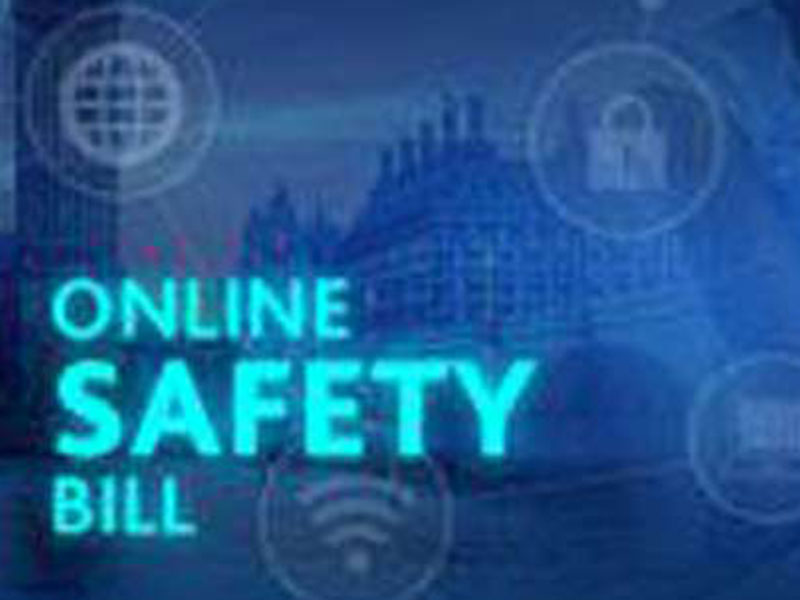Colombo, Sri Lanka: The IT Professionals for the People (IT4P), a group advocating for economic recovery and good governance, has launched a unique protest against the proposed Online Safety Bill. Raising serious concerns about the bill’s potential to stifle dissent and harm the IT industry, they initiated an SMS “e-referendum” to empower citizens and make their voices heard.
Bill Under Fire: The Online Safety Bill has drawn criticism for its vague definition of “prohibited statements,” raising fears of misuse and suppression of online criticism. IT4P warns that the bill could:
Silence journalists: Investigative reporting, especially on corruption, could be chillingly subdued by the threat of imprisonment.
Cripple opposition: Fear of online censure could hinder critical voices and opposition campaigns.
Harm the IT industry: Global platforms like Google and Microsoft, crucial for Sri Lanka’s IT exports, could face legal burdens and potentially withdraw from the country.
Taking a Stand: To counter these concerns and empower citizens, IT4P has launched an innovative SMS “e-referendum”:
Simple and accessible: Any Sri Lankan mobile subscriber can vote by sending an SMS with a specific code and “yes” or “no” to a designated number (0767 001 001).
Focused on policy: Referendums will address specific issues like the Online Safety Bill, encouraging substantive discussion on policy matters.
Secure and transparent: SMS helps avoid bot manipulation and ensures privacy. IT4P guarantees data protection and deletion after each poll.
Beyond the e-referendum, IT4P envisions a larger “direct democracy initiative”:
- Empowering citizens: They hope this e-referendum paves the way for Swiss-style direct democracy, where citizens directly vote on key policies.
- Restoring trust: When elected representatives seem unresponsive, giving citizens a direct voice can rebuild trust in governance.
- The initiative comes amid growing concerns about online censorship and shrinking democratic space in Sri Lanka.
- IT4P’s e-referendum, a first of its kind in the country, is a bold attempt to empower citizens and ensure their voices are heard in the policymaking process.
Key questions remain:
How extensive will the SMS “e-referendum” be? Will it encompass other critical issues beyond the Online Safety Bill?
How will the e-referendum results be used? Will they hold any official weight in influencing the bill’s passage or amendments?
Can this SMS-based approach reach all citizens, especially those in rural areas without smartphones or mobile access?
As IT4P’s initiative unfolds, these questions will be crucial in determining its effectiveness and potential impact on Sri Lanka’s political landscape.







